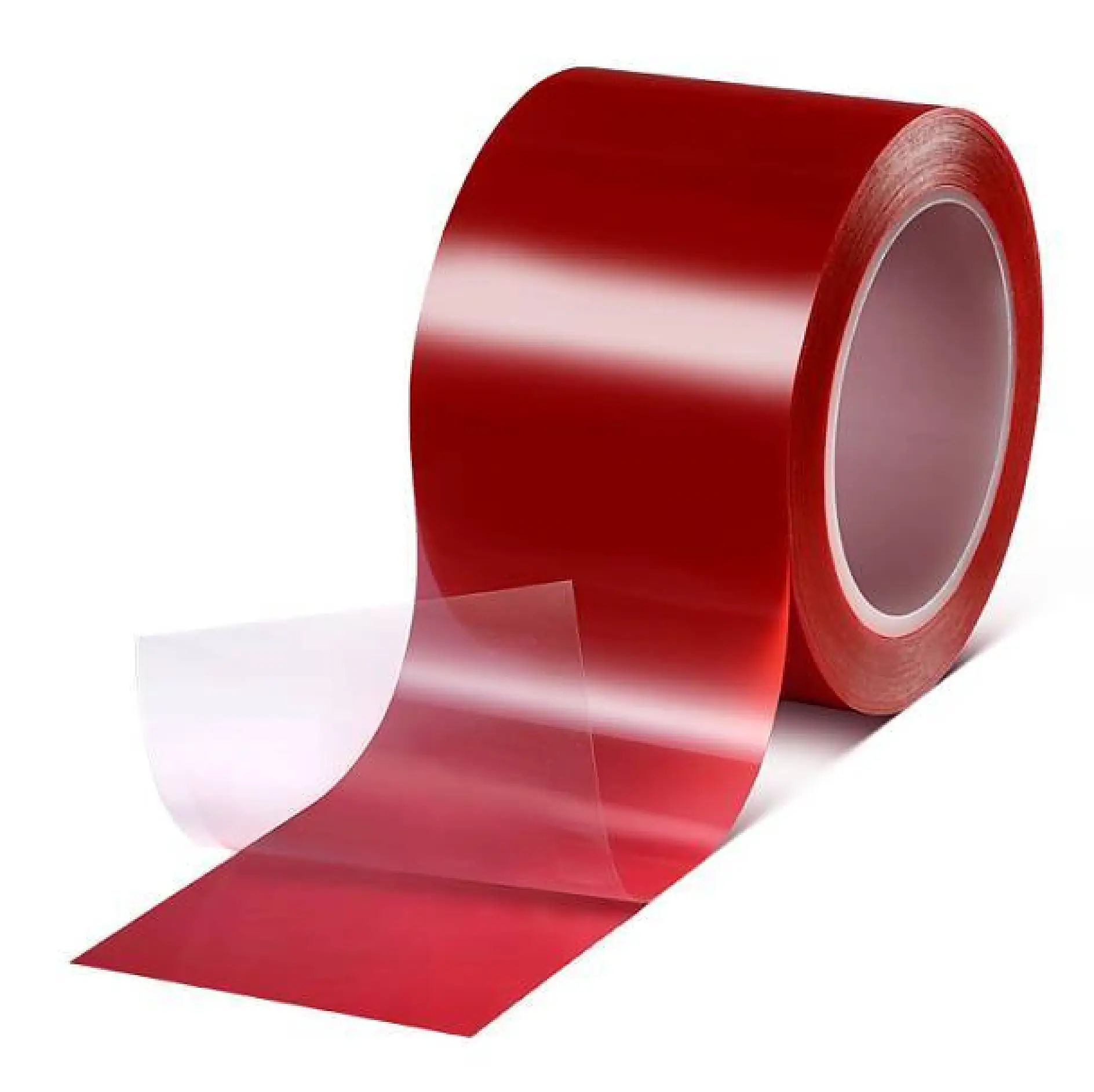Simply put, release liners can be defined as coated papers or films carrying sticky materials. But usually, nothing is as simple as it seems. An adhesive’s usual purpose is "to stick", but at the same time it should easily be released from the liner material used as an adhesive protection layer. And this requires perfect alignment of parameters such as base material, silicone technology, or coating thickness.
Nowadays, release liners can be found in a vast variety of industries, for example in medical, label, graphics, composites, chemical, electronics, or hygiene sectors; application areas reaching from drinking bottles to medical plasters to holding mobile phones together. Of course, release liners also play an especially important role when producing self-adhesive tapes which makes the application and a well-performing splicing product interesting to us in more than one way.

